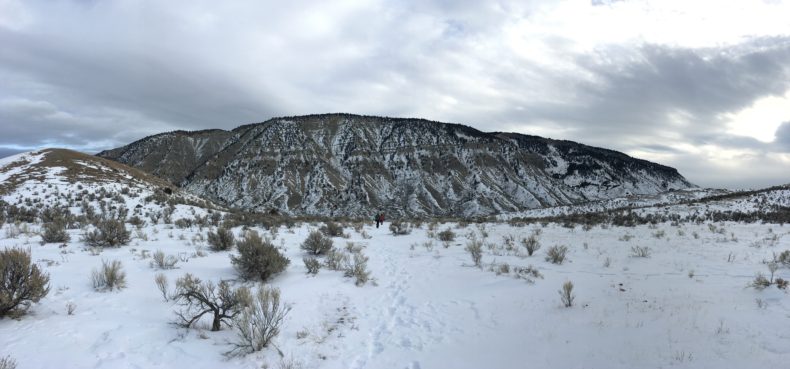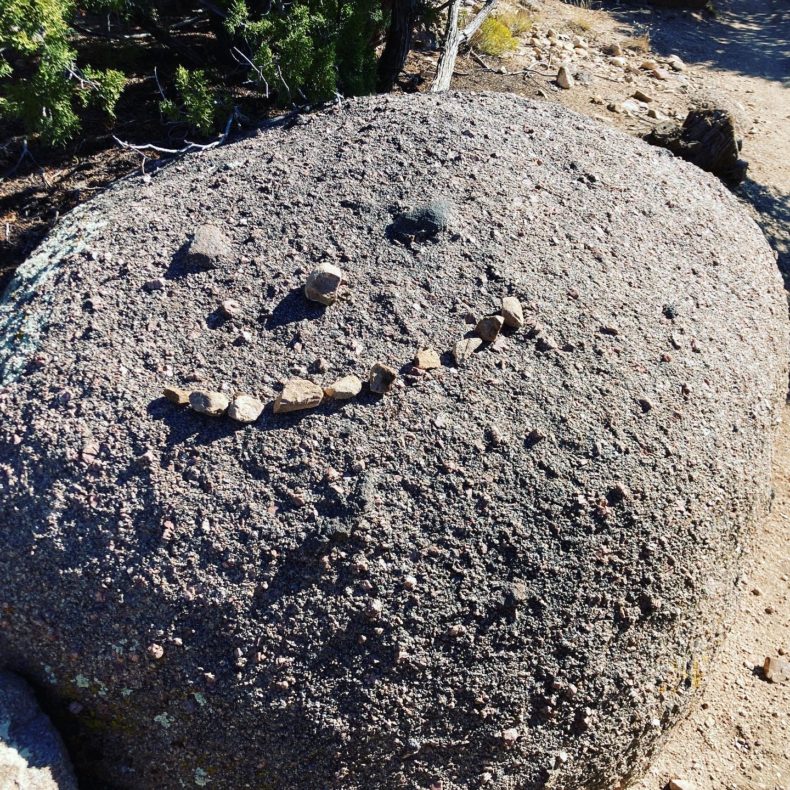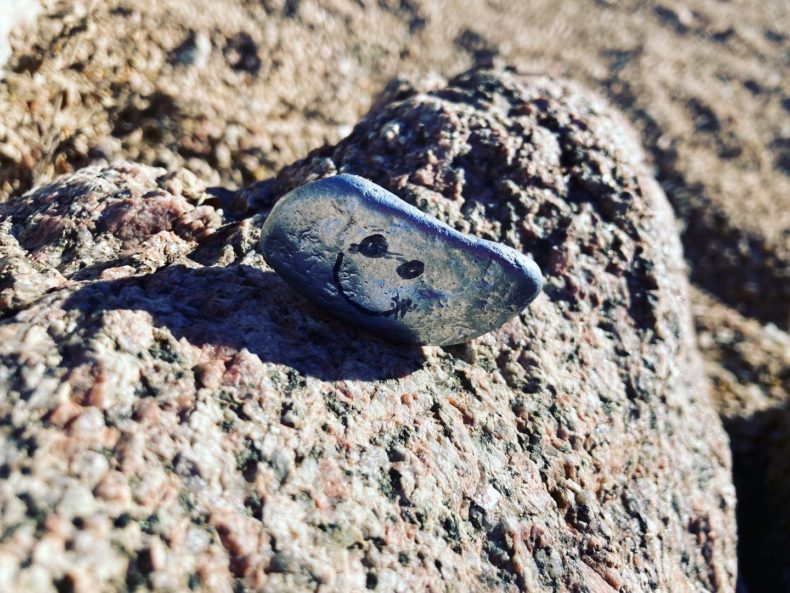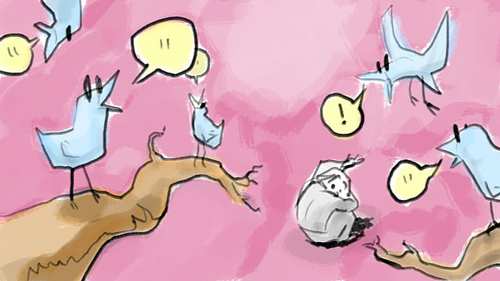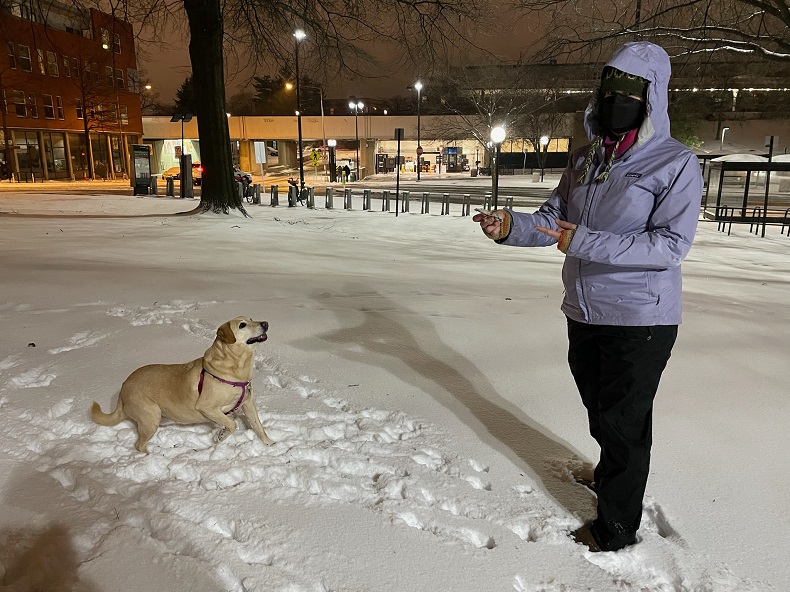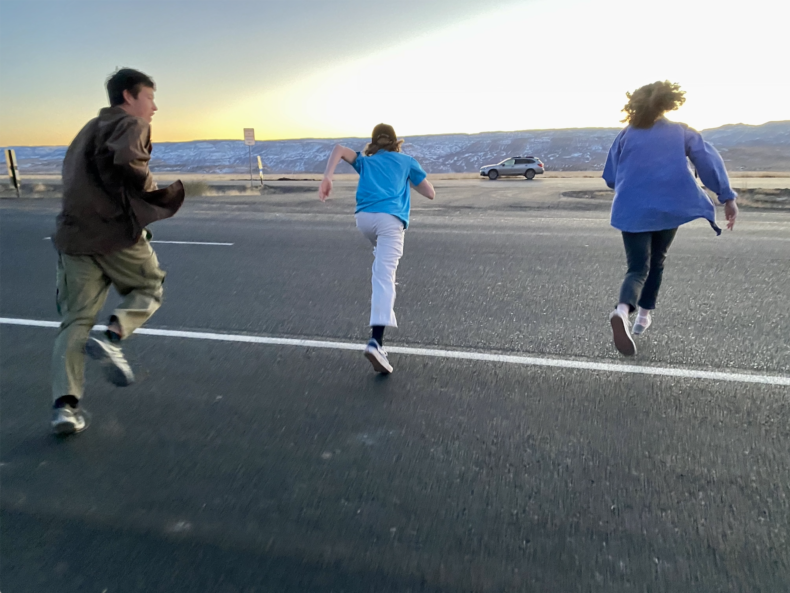
I am not especially fond of Mondays and I never have been, at least since learning of the existence of this artifice. I use the word not to mean fake — because Mondays are quite real — but to define them as made by human hands. In the rest of the universe with its whirling stars and unknown planets, Mondays do not exist.
I don’t like Mondays because when I was a kid they meant I had to set down my lunchbox full of rocks. Ditches and vacant, weedy lots were replaced with plastic chairs on metal legs and having to listen to the tick tock rhythms of civilization, what wars were fought, what is seven divided by eleven.
I’m not a great learner, got good enough grades, but I wanted to be outside, or anywhere but learning to count hours, standing in line with people I didn’t care about while desperately trying to find the ones I did. Which is why I don’t like Mondays. You have go back to it.
The seven-day pattern we’ve invented has, of course, effected our psychology. A study published in the Public Library of Science found that the fastest a participant could remember the day of the week was Monday, and not because it’s a pleasant thought. The study of 1,115 people (mostly 21-40 years old, about the same women as men, mostly UK, most of the rest US), looked at “the semantic and affective character of weekdays,” their emphasis. Days of the week each have their own personalities. Monday is ranked lowest in ‘pleasure,’ lowest in ‘arousal,’ and highest in ‘dominance.’
For me, it was the clock on the wall and the classroom door closing with a loud clicking, windows shut tight, if there were windows at all. In the mid 70s, I was bused to the inner-city and what I remember is big, old trees growing outside the school, and in the spring a girl and I sat on nests we made at their bases, and we flew together like birds. Anything outside the box was good. You could move your arms around, and imagination opened wide and soared.
Continue reading